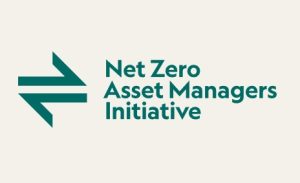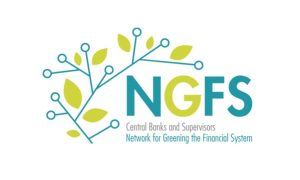IFRS Climate Related Sustainable Disclosure Standards
International Financial Reporting Standards (IFRS) publishes IFRS Climate Related Sustainable Disclosure Standards (IFRS S2).
IFRS mentions in the General Requirements for Sustainable Disclosure (IFRS S1) that climate change play an essential role in sustainable development. IFRS S2 can require companies to disclose climate related risks and opportunities from the perspectives of climate related physical risks, transition risks, etc., in order to reduce the impact of climate change on corporate sustainability in the short, medium, and long term.
Main Contents of IFRS S2
According to IFRS S1, IFRS S2 requires enterprises to disclose climate related sustainable information from four perspectives: governance, strategy, risk management and metrics.
- Governance: Enterprises need to disclose the governance processes used to monitor, manage, and report climate related risks and opportunities, such as the governance entity responsible for supervision (board of directors or relevant committees), the setting of governance goals (whether climate goals are included in compensation policies), and the role of management in governance.
- Strategy: Enterprises need to understand strategies related to climate risks and opportunities, such as the impact of climate risks on business models and value chains, the impact of climate risks on financial conditions and cash flows in the short, medium, and long term, and the uncertainty of climate on enterprise development (changes in natural resource allocation, etc.).
- Risk management: Enterprises should identify, evaluate, and monitor climate related risks and opportunities, and incorporate them into the overall risk management process. These disclosures include climate risk parameters, scenario analysis, as well as the probability and impact of risks.
- Metrics: Enterprises should disclose the progress of climate metrics and other metrics required by regulatory agencies, such as industry-specific indicators, indicators for mitigating or adapting to climate change. Common climate indicators include greenhouse gas emissions (Scope 1 2 3), physical risks and transition risks on assets.
IFRS requires companies to officially implement climate related sustainable disclosure starting from January 2024 and disclose comparative information with the previous year in future years.

IFRS S2 and Other Climate Related Sustainability Disclosure Policies
Currently, there are numerous climate related disclosure policies worldwide, and IFRS S2, an internationally consistent climate information disclosure standard, can reduce information asymmetry and simplify investors’ analysis of different enterprises. IFRS S2 can also avoid duplicate reporting and save enterprises’ investment in information disclosure.
Related Post: Development of Global Climate Disclosure Policy
The climate information disclosure framework of IFRS S2 is basically consistent with the Task Force on Climate Related Financial Disclosures (TCFD). The former is from the Sustainability Accounting Standards Board (SASB), and the latter is from the Financial Stability Board (FSB).
As an earlier proposed international standard for climate disclosure, TCFD has become a core reference for various jurisdictions when formulating disclosure policies. The European Financial Reporting Advisory Group (EFRAG) submitted the European Sustainability Reporting Standards (ESRS) to the EU, requiring enterprises to disclose information on carbon emissions and climate Scenario analysis. ESRS has already referred to the TCFD framework during the formulation.
IFRS S2 is more stringent in terms of climate information disclosure requirements. Taking Scope 3 carbon emissions as an example, the existing regulatory policies usually exempt Scope 3 from disclosure. In the latest revision of ESRS, the EU also reduces the disclosure burden of small enterprises by giving a grace period. IFRS S2 has explicitly required companies to disclose Scope 3. In practice, the calculation standards proposed by IFRS S2 can reduce disclosure errors.
As the first sustainable disclosure standard, IFRS S2 is designed to align with IFRS’ underlying accounting standards. Currently, there are over 140 jurisdictions worldwide that adopt IFRS accounting standards, and IFRS S2 will soon be applied to these jurisdictions.
Reference:





